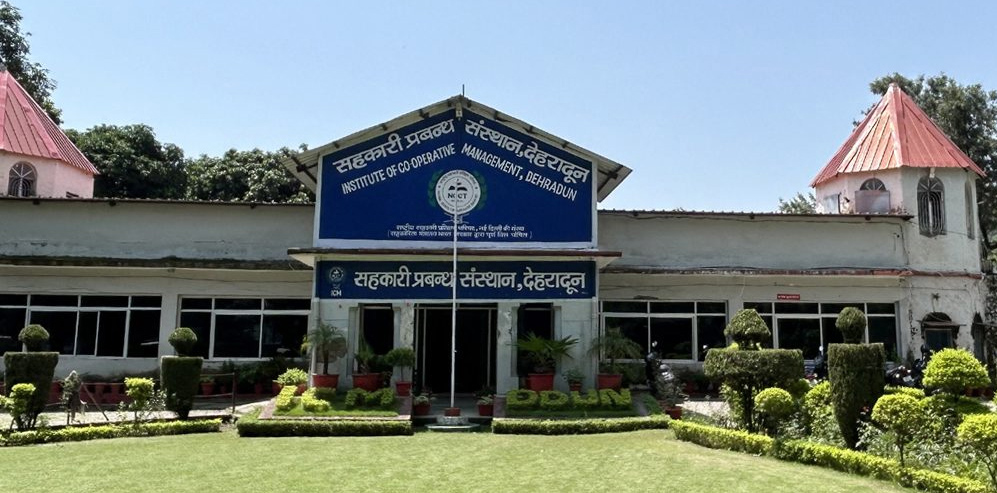Dr. I.A. Khan, a senior lecturer in Computer/MIS at the National Council for Cooperative Training (NCCT), has formally appealed to the Ministry of Cooperation, urging the condonation of a disciplinary penalty and seeking promotion to the Deputy Director position. This appeal follows what Dr. Khan describes as a wrongful accusation and conspiracy aimed at impeding his professional advancement.
In a detailed letter dated June 26, 2024, addressed to Shri Pankaj Kumar Bansal, the Additional Secretary and Chairman of the Executive Council at the Ministry, Dr. Khan contests the penalties imposed by the NCCT Secretary. These penalties stem from misunderstandings and allegations Dr. Khan argues are unjust and not corroborated by his superiors or evidence.
The lecturer’s grievances relate to a broader administrative issue within the NCCT, where Dr. Khan alleges a concerted effort by certain individuals to tarnish his reputation and block his rightful promotion to a Group ‘A’ post, despite his seniority and qualifications. He cites a lack of complaints or formal charges against him as evidence of his professionalism and innocence.
According to Dr. Khan, the roots of this controversy date back to a departmental promotion committee meeting on April 15, 2024, where his elevation to Deputy Director was discussed but not ratified. He suggests this omission was not due to a lack of merit or qualifications but rather to a conspiracy led by Mr. Ajay Rastogi, Director-ICM Dehradun.
Dr. Khan further claims that Mr. Rastogi, along with other colleagues, has engaged in actions detrimental to his reputation and career progression without any substantiated complaints or legal basis.
Dr. Khan’s letter also mentions that he has not received his promotion letter, which he believes was deliberately withheld as part of the ongoing internal conflicts and power dynamics within the NCCT. He appeals for an objective review of his case, asking for the removal of the penalty and his immediate promotion based on his seniority and the absence of any justified disciplinary action against him.
The case shines a light on the internal governance challenges within some of India’s bureaucratic institutions, where personal conflicts and institutional politics can often overshadow merit and fairness. Dr. Khan’s situation underscores the need for transparent and fair handling of personnel issues, especially when it concerns career advancement and the reputations of long-serving staff members.
The outcome of this appeal could set a significant precedent for how disciplinary actions and promotions are handled in the public sector, particularly in educational and training institutions under government oversight.
This case continues to develop, and further details may emerge as the ministry reviews the appeal and makes its decision. The broader implications for governance, transparency, and fairness in public institutions remain a point of considerable interest and discussion among policymakers and the public alike.
